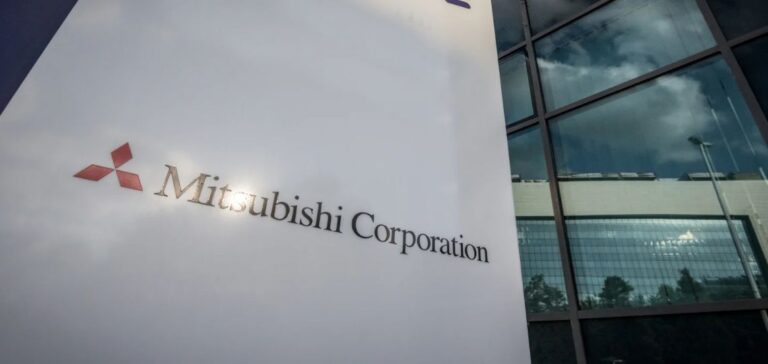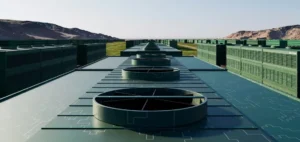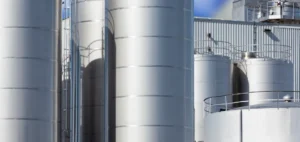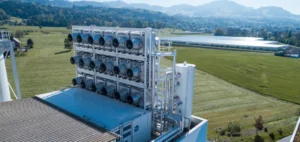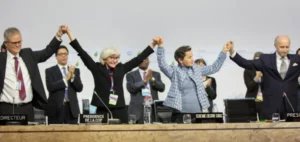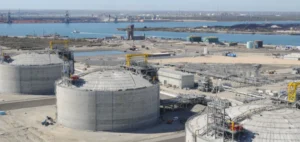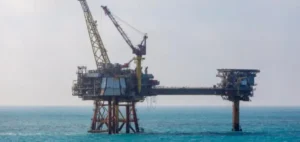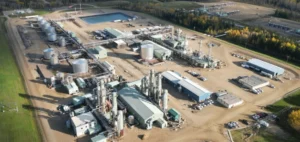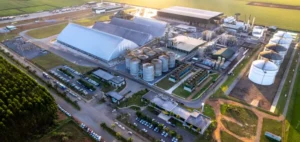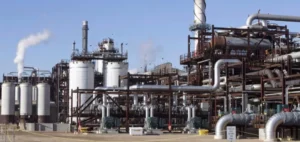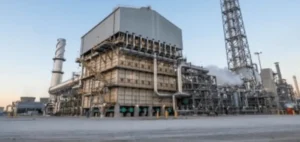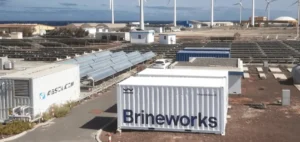Mitsubishi Corporation announced it has signed a partnership agreement with Alt Carbon, a company specialising in carbon dioxide removal, to develop the industrial deployment of a method based on Enhanced Rock Weathering (ERW) in South Asia. The collaboration aims to produce high-quality, durable and traceable carbon removal credits, responding to growing market demand.
Alt Carbon utilises a technology based on the ERW process, which involves spreading crushed basalt rock over agricultural land. The contact between the rock and rainwater triggers a natural chemical reaction that captures atmospheric CO2 and stores it as dissolved carbon in the soil. This carbon is then carried through river networks to the ocean, where it remains locked for over 10,000 years.
An expanding market for carbon removals
The Intergovernmental Panel on Climate Change (IPCC) recognises this method as a credible lever for achieving carbon neutrality by 2050. Alt Carbon, which relies on a team of scientists affiliated with the Indian Institute of Science in Bangalore and the Darjeeling Climate Action Lab, aims to become a major carbon removal player in the Global South.
Alt Carbon is also the first Indian company to secure a prepurchase agreement from Frontier, an initiative backed by several multinational firms — including Stripe, Shopify, Alphabet, Meta and Watershed — committed to investing more than $1 bn in permanent carbon removal projects by 2030. Under this agreement, Alt Carbon received an initial $500,000 to finance its certified carbon removal tonnes.
Target: 5 million tonnes annually by 2030
The company plans to scale its technology across 500,000 hectares of farmland in the Darjeeling region of northeast India, as part of the “Darjeeling Revival Project”. The programme targets the removal of up to 5 million tonnes of CO2 per year by 2030. In the long term, the firm is aiming for gigatonne-scale removal annually, expanding its operations throughout South Asia.
This collaboration with Mitsubishi Corporation aligns with the Japanese conglomerate’s strategy to strengthen its decarbonisation technology portfolio. Tadashi Sawamura, General Manager of the Carbon Management Department at Mitsubishi Corporation, stated that the partnership reflects “MC’s continued commitment to advancing the carbon removal industry through breakthrough technologies like ERW”.


